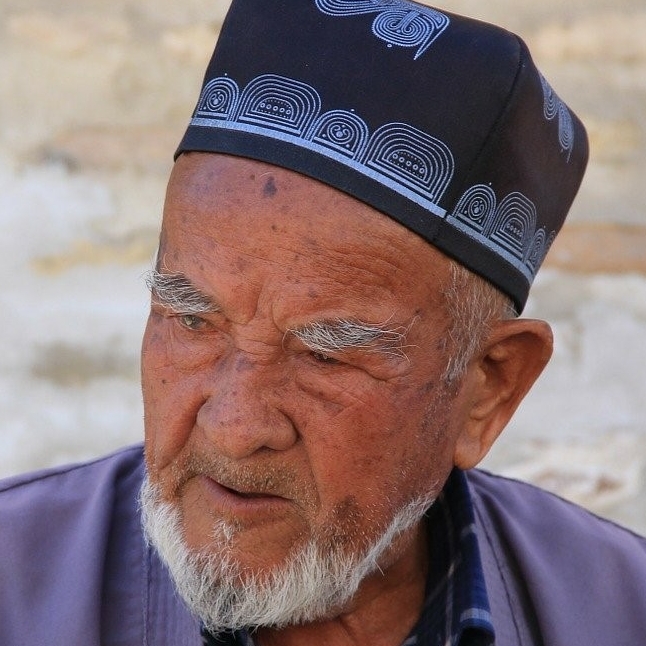Are Prayers Without a Beard or With a Short Beard Accepted?
Question:
Some preachers and scholars in the Indian subcontinent say that all of our daily prayers are suspended if we perform without a beard (meaning: shaving). Is this true?
Answer:
In the Name of Allah, the Merciful and Compassionate
Wassalam,
I hope you are doing well, insha’Allah. Not having a beard—or having a short beard—does not affect the soundness or acceptability of the prayer itself.
The validity and soundness of the prayer are dependent on fulfilling its obligatory (fard) and necessary (wajib) actions of the prayer itself. The prayer is completed by fulfilling its sunna actions. [Shurunbulali, Maraqi al-Falah; Ibn Abidin, Radd al-Muhtar]
If one prays with anything disliked that is not related to the actions of prayer, this disliked-ness does not affect the soundness of prayer—and the prayer doesn’t need to be repeated. [Ibid.]
Keeping a Beard—Or a Full Beard?
For men, it is necessary to keep a beard, if able. Keeping a full beard is generally reported to be a sunna in most of the books of the Hanafi school. [Marghinani, Hidaya; Zayla’i, Tabyin; others]
While some texts, such as Ibn al-Hunan’s brilliant Fath al-Qadir mention that it is “not permitted” to trim the beard less than a fistful, this is considered to be when done either (a) with the intent of imitating disbelievers; or (b) imitating the corrupt. Other schools took this text to refer to general impermissibility of trimming the beard. We respect such differences.
Shaving, Trimming, and the Acceptability of One’s Prayer
Either way, the beard is not from the actions of the prayer itself. If one shaves the beard, this is impermissible, but it does not affect the soundness of the prayer. If one keeps a short beard, this may be disliked, but also does not affect the soundness or acceptability of the beard.
Uphold the Sunna, Follow Trustworthy Scholars, and Leave Differences to the Scholars
One should strive one’s utmost to follow the sunna of the Beloved Messenger of Allah (peace & blessings be upon him), both outwardly and inwardly, as best one can. To do this, one follows upright, Godfearing, qualified scholars. As for the differences of opinions between the scholars, leave these for the scholars.
And Allah is the giver of success and facilitation.
[Shaykh] Faraz Rabbani
Shaykh Faraz Rabbani spent ten years studying with some of the leading scholars of recent times, first in Damascus, and then in Amman, Jordan. His teachers include the foremost theologian of recent times in Damascus, the late Shaykh Adib al-Kallas (may Allah have mercy on him), as well as his student Shaykh Hassan al-Hindi, one of the leading Hanafi fuqaha of the present age. He returned to Canada in 2007, where he founded SeekersGuidance in order to meet the urgent need to spread Islamic knowledge–both online and on the ground–in a reliable, relevant, inspiring, and accessible manner. He is the author of: Absolute Essentials of Islam: Faith, Prayer, and the Path of Salvation According to the Hanafi School (White Thread Press, 2004.) Since 2011, Shaykh Faraz has been named one of the 500 most influential Muslims by the Royal Islamic Strategic Studies Center.
